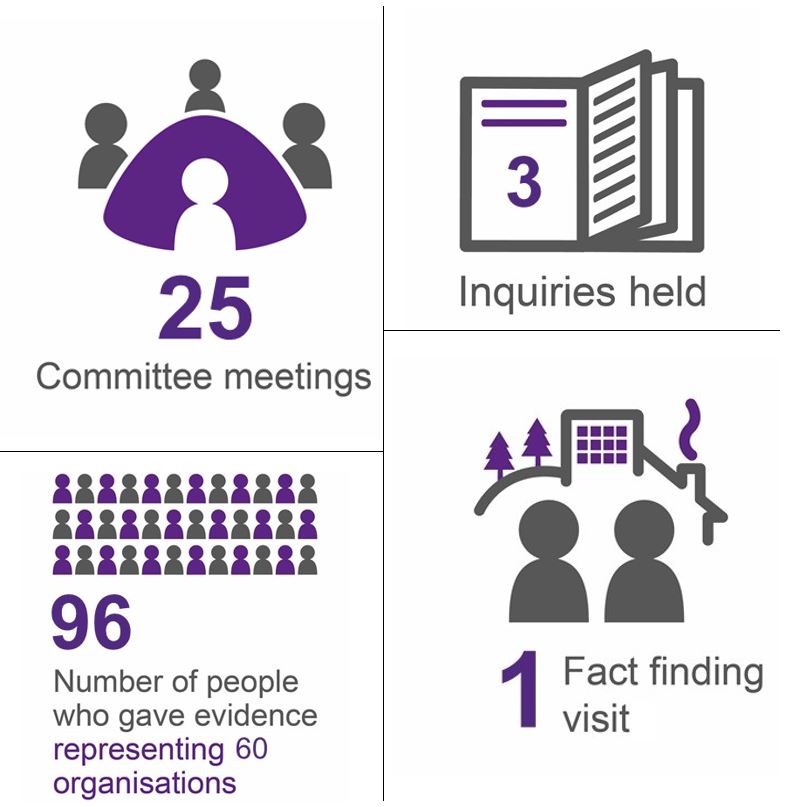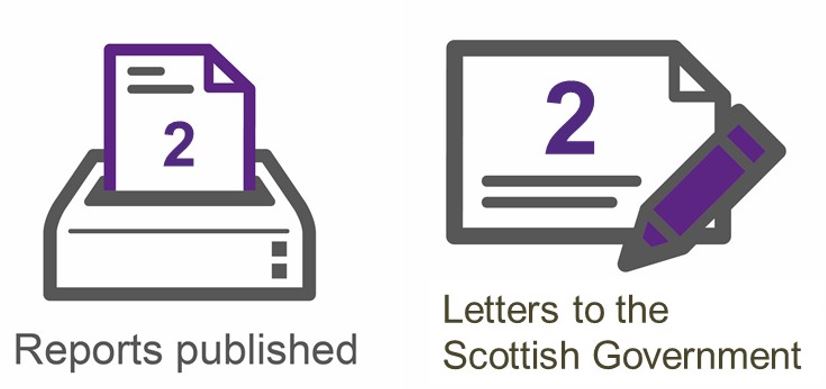COVID-19 Recovery Committee
COVID-19 Recovery Committee: Annual Report 2022-23
Introduction
This report covers the work of the COVID-19 Recovery Committee ('the Committee') during the parliamentary year from 13 May 2022 to 12 May 2023.
It has been a busy year for the Committee with more opportunity to devote time to its planned inquiry work as the amount of referred legislation decreased compared to the previous parliamentary year.
Membership changes
The following changes to the membership of the Committee took place during the parliamentary year—
Siobhian Brown was a member from 17 June 2021 and Convener from 23 June 2021 until 30 March 2023.
Stuart McMillan became a member from 18 April 2023.
Jim Fairlie became Convener from 20 April 2023.
Meetings
The Committee met 25 times during the reporting period, five meetings were held entirely in private, and 19 meetings included items in private. The reasons for taking business in private were to consider the Committee's work programme, to consider draft reports or letters, or to consider the evidence heard during committee meetings.
Legislation
Coronavirus (Recovery and Reform) (Scotland) Bill
The Committee was designated as the lead committee on the Coronavirus (Recovery and Reform) (Scotland) Bill ('the Bill') and its focus was on the Bill's general principles, as well as the provisions in Part 1, Part 3 (other than the justice-related provisions) and Part 6. The Committee undertook Stage 1 scrutiny in the previous reporting year.
The Parliament agreed that Stage 2 proceedings for the Bill would be split between the Lead Committee (the COVID-19 Recovery Committee) and the Criminal Justice Committee. The Criminal Justice Committee considered the Bill at Stage 2, including proposed amendments to the Bill on 8 June 2022 and the COVID-19 Recovery Committee considered Stage 2 of the Bill on 9 June 2022.
Following a Stage 3 debate in the Chamber on 28 June 2022, the Bill passed by a vote of For 66, Against 52, Abstentions 0 and 11 did not vote. The Bill became an Act on 10 August 2022.
Secondary legislation
The Committee considered two negative Scottish Statutory Instruments during its reporting period—
The Coronavirus (Scotland) (No. 2) Act 2020 (Suspension: Termination of Student Residential Tenancy) Regulations 2022 (SSI 2022/192)
The Coronavirus (Scotland) Acts (Saving Provision) Regulations 2022 (SSI 2022/261)
Inquiries
COVID-19: communication of public health information
The Committee undertook an inquiry into COVID-19: communication of public health information. The purpose of the inquiry was to hear from experts and stakeholders about the effectiveness of the communication of public health information, evidence-based decision-making and tackling disinformation and misinformation throughout the COVID-19 pandemic. In advance of the formal evidence sessions the Committee held an informal event with Fellows of the Royal Society of Edinburgh on 19 May 2022.
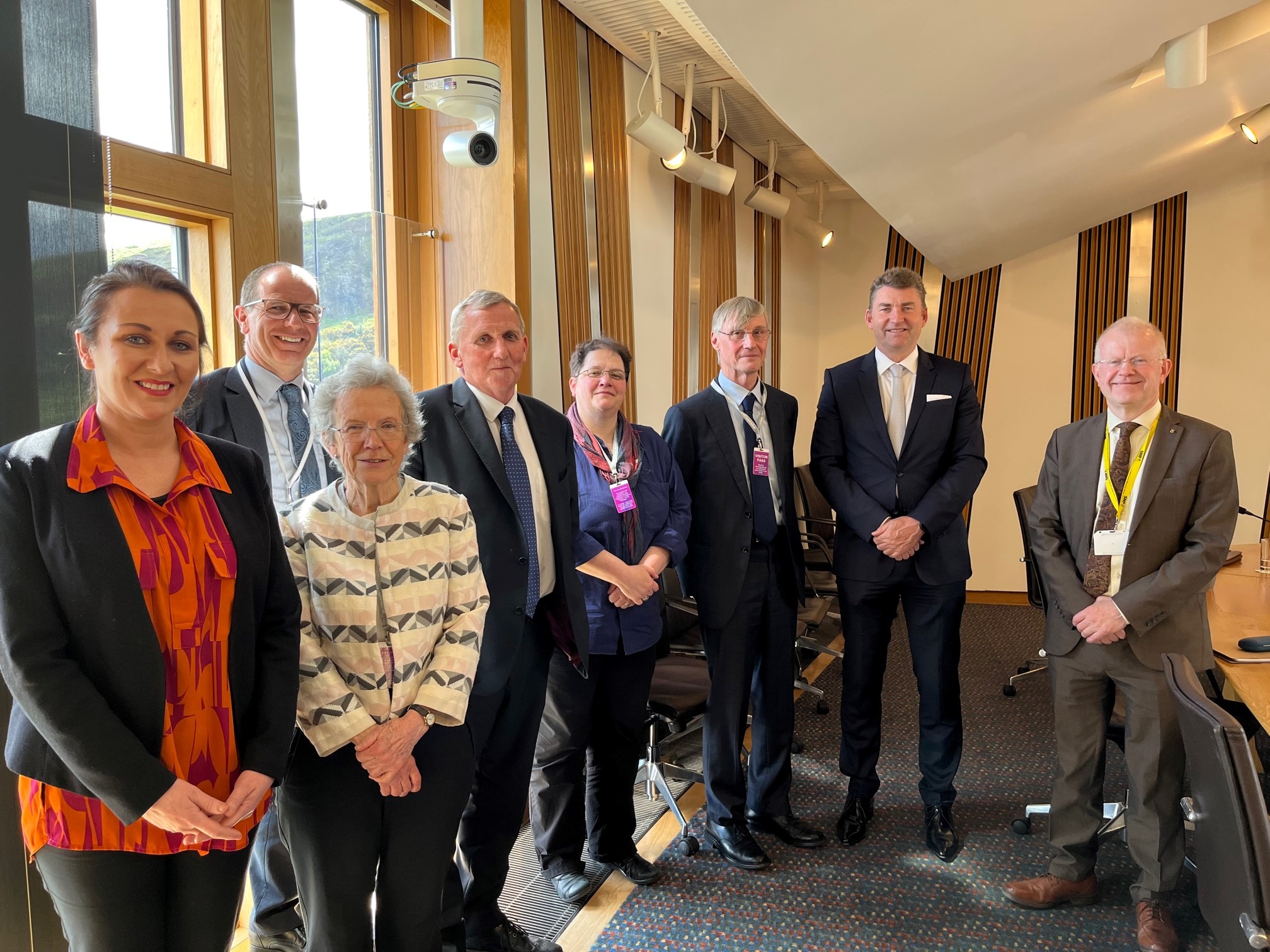
The Committee took evidence on the inquiry at its meetings on 26 May, 23 and 30 June 2022.
The Committee wrote to the then Minister for Public Health, Women's Health and Sport on 23 September 2022. The then Minister for Public Health Women's Health and Sport responded on 13 October 2022.
Road to recovery: impact of the pandemic on the Scottish labour market
The Committee undertook an inquiry into the impact of COVID-19 on the labour market and focused on the long-term sick component of economically inactive people, as well as people who had chosen early retirement.
The Committee issued a call for views which ran from 30 June 2022 to 9 September 2022 and received 45 responses. The Committee took evidence on the inquiry at its meetings on 3 November 2022, 10 November 2022, 17 November 2022 and 8 December 2022.
In addition, on 24 November 2022, the Committee hosted an informal, online meeting and heard from people who had a long-term health condition and people who had taken early retirement since 2020. The Committee also heard from people working in recruitment. On 28 November 2022, the Committee visited Airdrie to speak with Remploy and Routes to Work, their service users and partners to understand what services they provided to support people with a long-term illness into employment in North Lanarkshire.
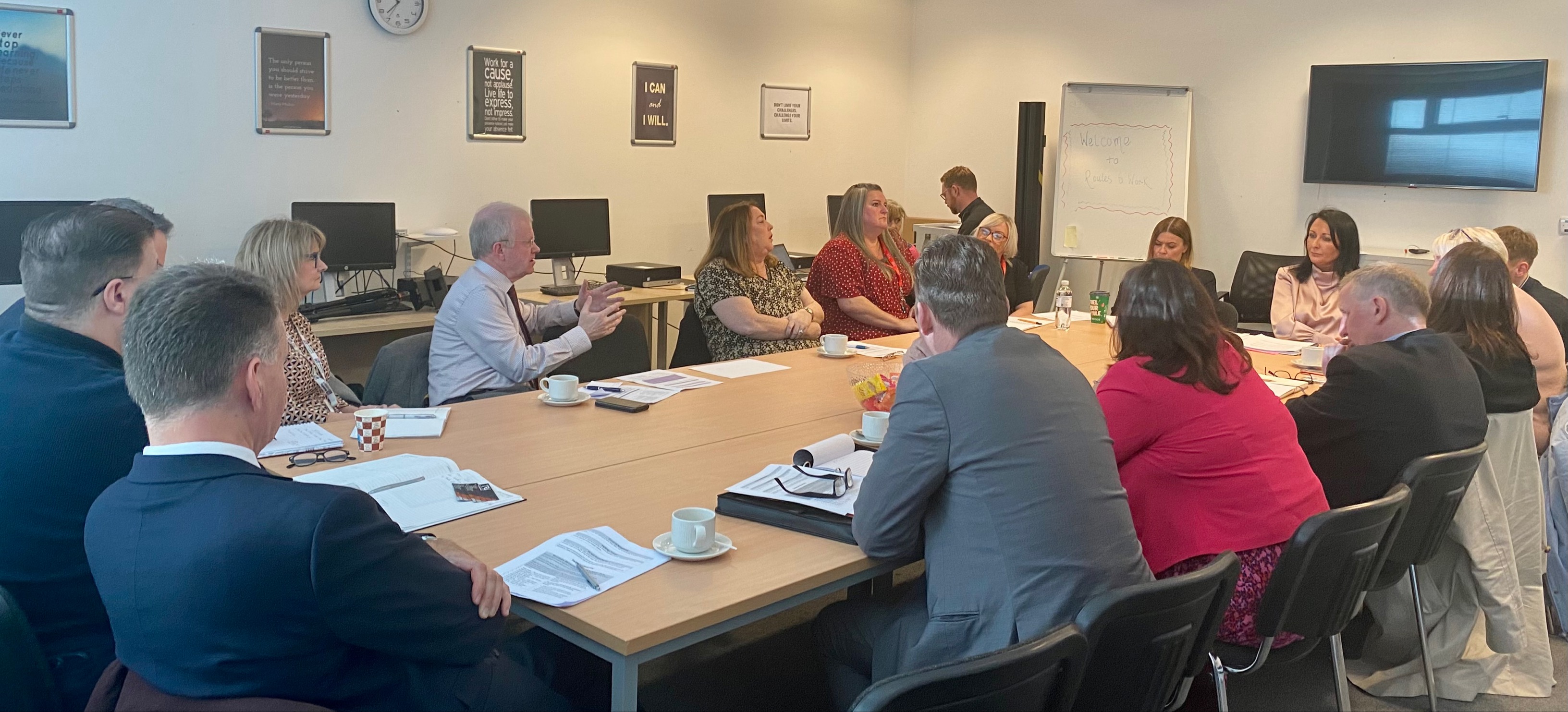
The Committee published its report on 7 February 2023. The then Minister for Just Transition Employment and Fair work responded to the report on 28 March 2023.
Long COVID
The Committee undertook an inquiry into Long COVID which focused on diagnosis, treatment, and the current support available to those with Long COVID. The inquiry focused on three main themes; awareness and recognition; therapy and rehabilitation; and study and research.
The Committee issued a call for views on the inquiry which ran from 12 January 2023 until 19 February 2023 and received 508 responses. The Committee took evidence on the inquiry at its meetings on 9 February 2023, 23 February 2023, 2 March 2023, 9 March 2023 and 23 March 2023. In advance of formal evidence sessions, the Committee held two informal sessions, one with people with lived and living experience of Long COVID on 12 January 2023 and one with parents of children who have Long COVID on 2 February 2023.
The Committee published its report on 26 April 2023. It is expected that the Scottish Government will respond to the report early in the next parliamentary year.
Pandemic preparedness
The Committee had an ongoing interest in pandemic preparedness and held a number of related evidence sessions on the subject. The Committee heard from the Standing Committee on Pandemic Preparedness on 29 September 2022 as part of its pre-budget scrutiny which considered Scottish Government funding of the COVID Recovery Strategy and the ongoing costs associated with the pandemic.
The Committee then took evidence on 15 December 2022 on COVID-19 surveillance measures. The Committee heard from two panels of witnesses, one session focusing on epidemiological wastewater sampling and the second session considered genomic sequencing.
These evidence sessions considered what ongoing COVID-19 surveillance measures should be maintained and what future investment may be required in surveillance measures and genomic sequencing for the ongoing COVID-19 response and future pandemic preparedness.
The Committee then heard from the Standing Committee again on 4 May 2023 to explore further the issues raised during previous meetings.
Pre-budget scrutiny 2023-24
The Committee focused its pre-budget scrutiny on how the Scottish Government planned to fund its COVID Recovery Strategy and the ongoing costs associated with the pandemic, as set out in the COVID-19 Strategic Framework.
The Committee took evidence at its meetings on 8 September 2022, 22 September 2022 and 29 September 2022. The Committee wrote to the then Deputy First Minister and Cabinet Secretary for COVID Recovery on 28 October 2022. A response was received on 20 December 2022.
Following the publication of the Scottish Government’s budget documents on 15 December 2022, the Committee took further evidence on the Scottish Government’s Budget on 19 January 2023 from the then Deputy First Minister and Cabinet Secretary for Covid Recovery.
Post legislative scrutiny
The Committee's scrutiny of the Coronavirus (Recovery and Reform) (Scotland) Bill included consideration of the emergency legislation introduced at the outset of the pandemic. The Scottish Government was given time-limited emergency powers to respond to COVID-19 in the Coronavirus Act 2020, the Coronavirus (Scotland) Act 2020, and the Coronavirus (Scotland) (No.2) Act 2020. Some of these provisions were extended by the Coronavirus (Extension and Expiry) (Scotland) Act 2021. The Coronavirus (Recovery and Reform) (Scotland) Bill was introduced to make permanent some of the time-limited powers that were contained in the emergency legislation and extend others for a further period.
The Committee's first-hand experience of the public health emergency and scrutiny of numerous health protection regulations informed its scrutiny of these provisions at Stage 1 in the previous parliamentary year and consideration of amendments to the Bill at Stage 2 during this parliamentary year. The Committee considered in detail which provisions contained in the 2020 Acts were still required and those which should no longer be required without further parliamentary approval in the event of any future threats.
Equalities and engagement
The Committee has mainstreamed equalities throughout its work, including a focus on the impact of COVID-19 on inequality and human rights. In its statement on priorities, the Committee agreed that one of its objectives was to incorporate human rights and sustainable development principles into its scrutiny approach. The Committee also agreed that its non-legislative scrutiny of COVID-19 recovery would have a specific focus on health inequalities.
For example, the Committee held an evidence session on whether the communication of public health information on COVID-19 was accessible and met the needs of specific audiences. This included people in the former "shielding" category and communities where there had been below average uptake in the COVID-19 booster vaccination programme.
Public engagement remains an important priority for the Committee and during its Road to recovery: impact of the pandemic on the Scottish labour market inquiry, the Committee spoke directly to people who had a long-term health condition and people who had taken early retirement since 2020 at an informal online event. The Committee also visited Airdrie to speak to Routes to Work Ltd and Remploy who provide a range of services aimed at helping people re-enter the job market and also heard from local employer partners and local council officials. The Committee also spoke to service users about their experiences which led them into unemployment and the support offered to them to help them back into work.
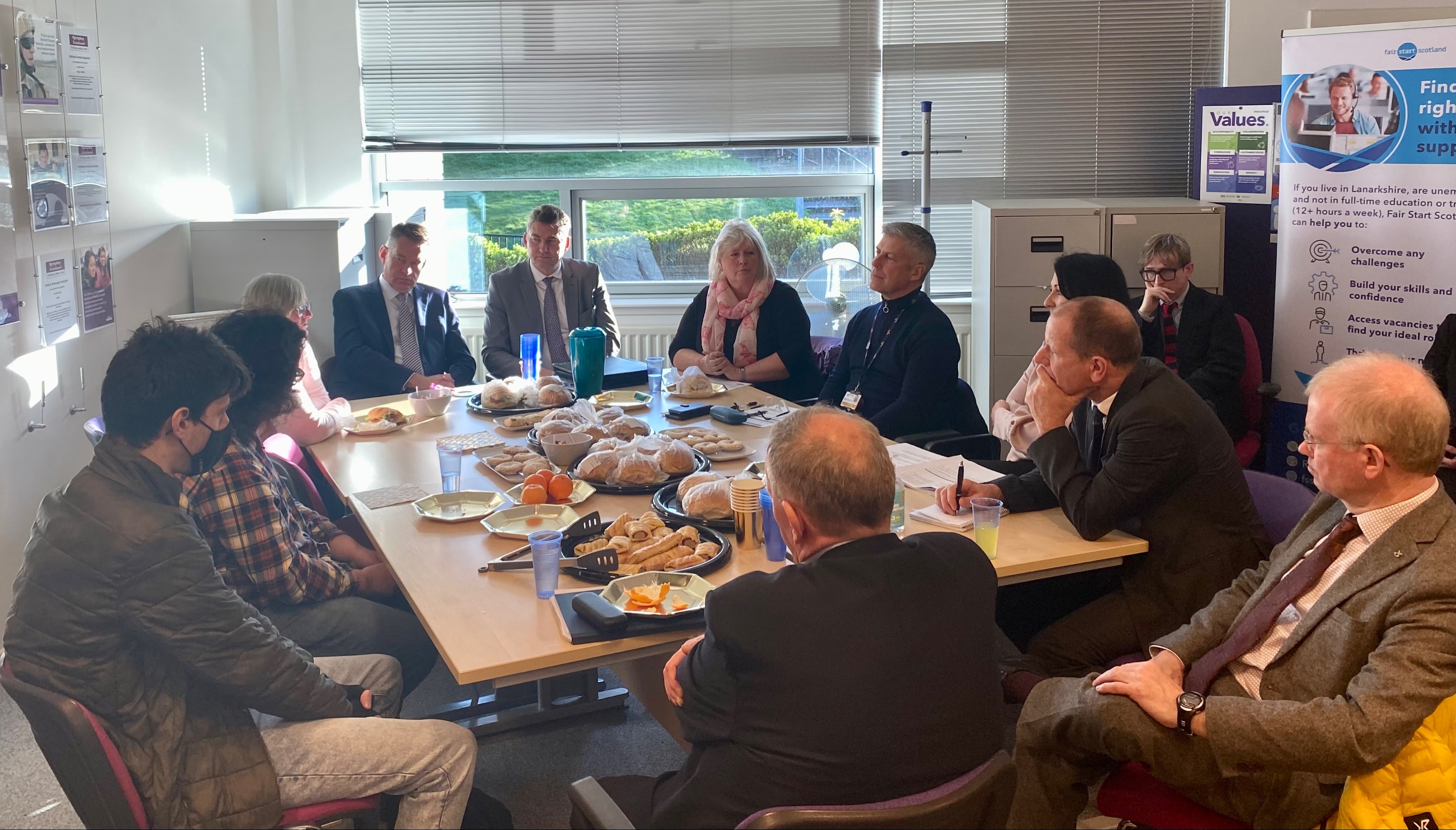
The Committee held an informal engagement session with people who have Long COVID at the launch of its inquiry on 12 January 2023. The Committee also held an informal online engagement session with families who have experience of Long COVID on 2 February 2023, before hearing from people with Long COVID during its evidence session on 9 February 2023. The Committee also published a call for views, which received 508 responses. The majority of responses (93%) were from individuals with lived experience of Long COVID.
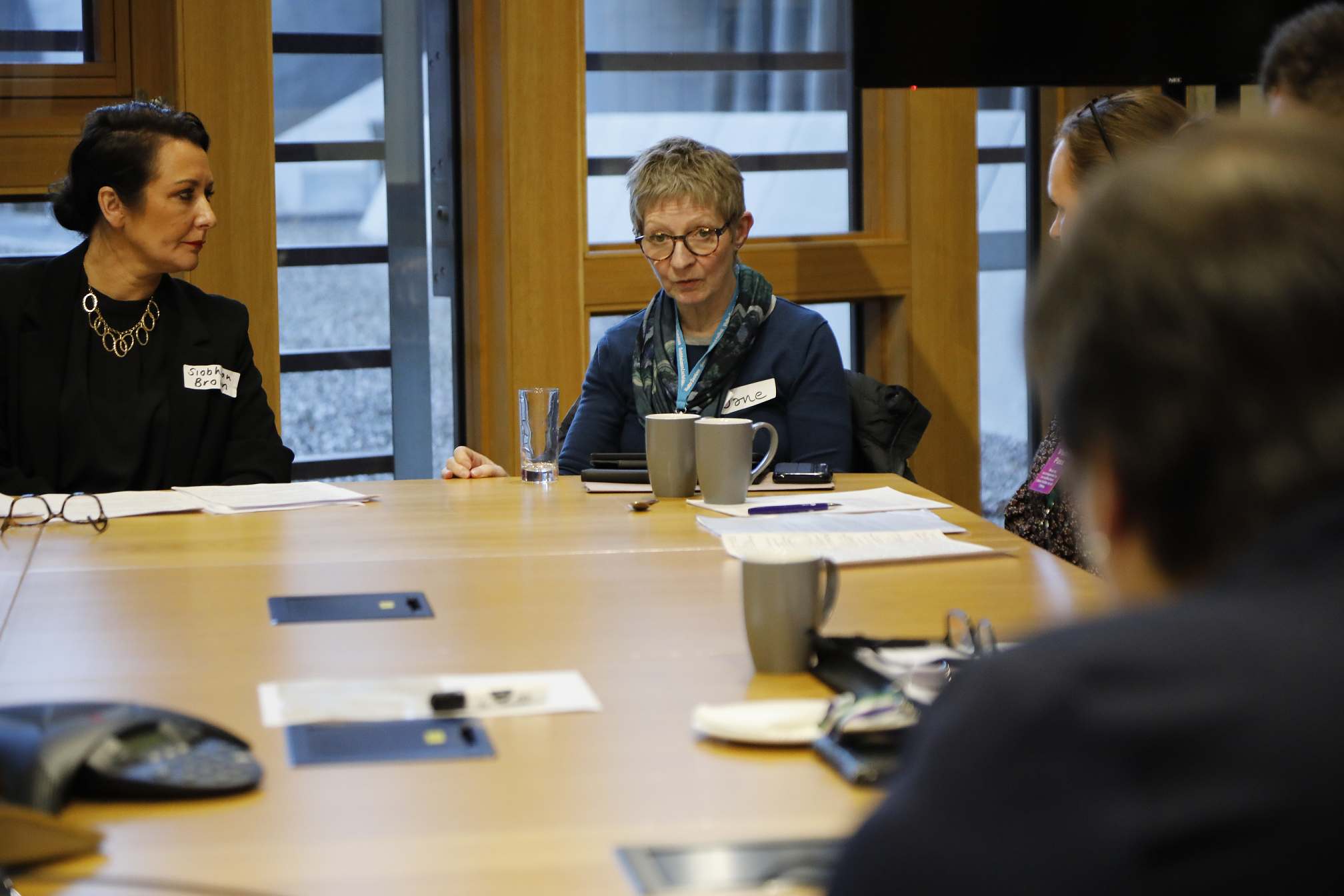
Infographics
